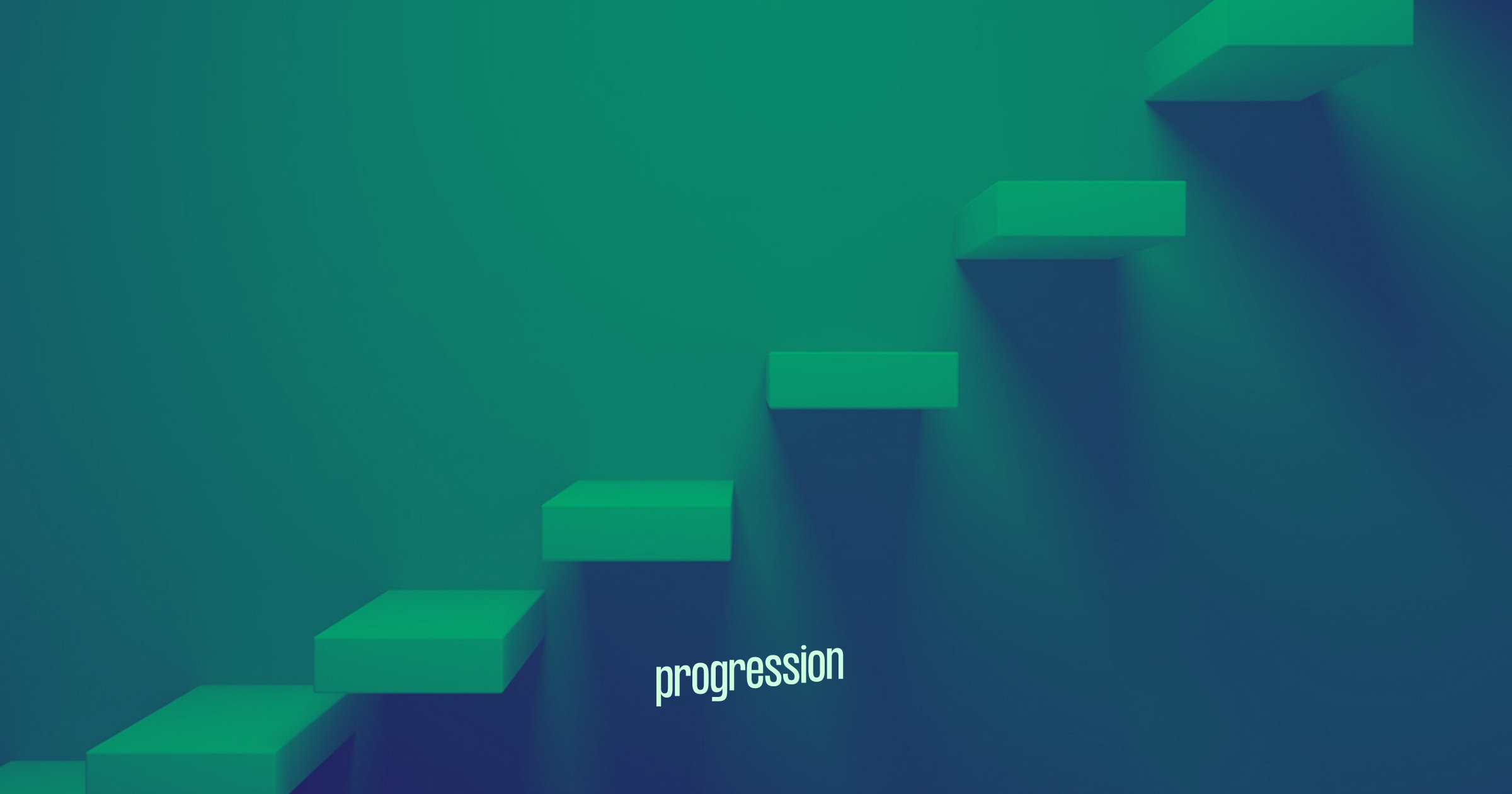Our careers hold a staggering amount of importance in our lives. Almost all of us spend around 90,000 hours of our lives working in our jobs. And as Annie Dillard famously put it, ‘How we spend our days is, of course, how we spend our lives’.
Yet still, even after spending so much time and energy managing our careers, the growth curve is never linear. There’s no certainty when it comes to career management, but getting it right has many benefits, like better pay and a sense of purpose in life.
One aspect we have more clarity around is career development stages. Irrespective of where we’re at with our careers, we have all gone through the stages of assessment, investigation, commitment, retention, and transition. And chances are, even if you choose a different career path somewhere down the line, you’ll still have to go through these stages again.
So let’s look at what challenges these career development stages present and how we can progress through them.
#1 The assessment stage
Many experts call this stage the ‘trigger’ that allows you to explore a career path. Think of yourself as Spider-Man, and this stage as the spider bite. When you enter this stage, you start to learn about your strengths and weaknesses.
Slowly, you begin to discover your skill sets and all that you have to offer that would allow you to excel in your chosen field. Here are a few questions that will help you arrive at the right conclusions:
- What are my goals, and what do I hope to gain from this career path?
- What drives me? What are my values?
- What are my likes and dislikes?
- What am I good at? What are my weaknesses?
- What differentiates me from the other people on the same path?
Sure, when Spider-Man’s in a career crisis, he’d have cooler questions and better conquests, but these questions will really help you drill down what you want from your life.
How to progress
Aptitude and career assessment tests
Career assessment tests use behavioural sciences to understand you as a person, so they’re great if you want to discover where your skill sets lie. At the same time, a career coach can do wonders and help you address all the pesky questions that have been running around your brain.
Use feedback to drive you
Receiving constructive feedback from others can help you evaluate your situation. It can also help you understand where your strengths are and how you can improve your skills.
Learn more about the industry
The 101 of choosing a career path is to learn as much as you can about the industry. To progress further, note what you will need to do to stay ahead in the industry (this includes working on personal attributes, skill sets, educational requirements, etc.).
#2 The investigation stage
The ‘investigation stage’ is where you research and keep the wheels moving. All that there is to do at this stage is to learn more about the industry that you would like to work in. While you’re at it, also try to acquaint yourself with the key players in the market.
We suggest you start testing out the waters by networking within the industry, speaking to an industry expert or two, and even collaborating with them, if the situation allows.
How to progress
Begin by researching as much as you can about the industry and its trends — knowledge is a powerful tool, so the more you know, the better. Alongside this, start networking within industry circles, as it’ll help in career development (a great way to begin networking is through professional associations). The same network can also help you with feedback and career advancement opportunities.
#3 The preparation stage
The preparation stage is where you finally receive clarity of thought. You begin to understand your profession and industry better. You have a well-established knowledge of what it takes to succeed in an industry like yours, and you’re aware of your strengths and weaknesses.
Overall, the preparation stage is where you have gathered all the information you need. What you need to do at this stage is to evaluate your options and make a decision.
How to progress
Once you’ve arrived at this stage and decided to move forward with your choice, you should make yourself known amongst industry peers. This can be done in a few ways, such as:
- By creating career goals and pushing yourself out of your comfort zone to achieve them.
- Getting relevant experience in the industry, through jobs or internships.
- By showing your value to potential employers.
As always, irrespective of whichever stage you’re at, keep the pursuit of (industry) knowledge going.
#4 The commitment stage
The commitment stage arrives when you’re done playing the field and are ready to take the leap. In the trajectory of career planning, the commitment stage is like the start race — it’s your first chance to leave a lasting impression and show your peers just how well you can excel in the industry.
At this stage of career development, folks are actively looking for a new job, and they’ve decided that when it comes to the world of work, this is the career path that they want to stick with.
How to progress
Ideally, at this stage, actively start looking for professional opportunities. Research companies whose cultures you admire, ask your network for their advice, and start attending interviews and negotiating offers.
#5 The retention stage
The retention stage is where you peak. Keeping up with the Spider-Man metaphors, think of when Peter Parker proved he was worthy of joining the Avengers. It’s something like that, but in a much more professional way. This stage is where you show yourself, your organisation, and the industry your value.
You’re happy, content, and relaxed with your career at the retention stage and are looking for opportunities to excel further.
How to progress
- Keep up with industry trends and updates.
- Look for career advancement opportunities (either within your organisation or outside of your place of work).
- See how you can improve further (take the help of mentors, look for certifications, continue efforts to up-skill, etc.)
- Have conversations surrounding your career.
While the retention stage may be like living in a world of eternal bliss (that is to say, it may feel like everything is where it needs to be), you should never stop progressing and looking for better career advancement opportunities.
#6 The transition stage
Everything in life has its stages of peak and decline. Your career, in the same way, will peak and decline too. The transition stage is where the decline happens. Maybe you’re not entirely sure that you’ve committed yourself to the right career path, or perhaps the industry’s changed, and you do not like it anymore. Either way, it’s time for a transition.
While at this stage, be very wary of how your career redevelops itself. Because, more likely than not, you’ll end up committing many more years of your life to it.
How to progress
If you feel like it’s the correct thing to do, then think about a career change — you can either move laterally or switch to a different career path. At the same time, it’ll also help if you can be specific about what you want your future to look like (and what kind of changes can provide the future you’re looking to have). At a time like this, tapping into your network can help in exploring opportunities.
Please note that not everyone comes across the transition stage. For some people, it may be more like a career evaluation stage, where they evaluate if they’re right where they want to be in their career.
Frameworks for career progression
As we usually work between the ages of 18 to 65, career progression seems to be inevitable. There will always be some sort of advancement we go through, and somewhere we begin. And when it happens, we all go through the stages of career development.
Career development is not only a necessary step for individuals, but also for organisations. Only when employees progress, can the organisation move forward as well. To attain such progress, a framework can be extremely helpful.
The six stages of modern career development are a guiding structure, but you need something more concrete that can address growth at a personal level.
Progression, as the name would suggest, can help with this. Check out what career advancement can look like at your organisation.









 Sign up with Google
Sign up with Google  Sign up with Email
Sign up with Email